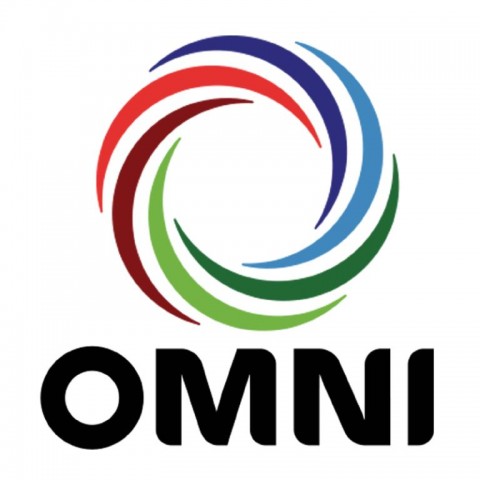
OTTAWA – The CRTC has found that Rogers Media’s decision to cancel local third-language newscasts on its OMNI stations does not constitute a breach of its conditions of licence, and subsequently turned down requests by Urban Alliance on Race Relations and Unifor Local 723M seeking an expedited public hearing on the matter.
The Commission said Tuesday that it will instead review the OMNI stations’ ongoing performance and requirements, including their obligations regarding the provision of local third-language programming, as part of the upcoming hearing that will form part of the licence renewal process scheduled to begin later this year.
“This will permit the Commission to better assess whether the stations’ current obligations are sufficient to meet the needs of third-language communities”, continues the decision.
The CRTC added that its new local and community television programming policy may also be a factor in the obligations and requirements of conventional television stations regarding the broadcast of local news programming.
As Cartt.ca reported, Unifor Local 723M, which represents some employees at TV stations operated by Rogers Media, filed a Part 1 application with the CRTC last June seeking an expedited public hearing into the cancellation of original local ethnic television newscasts on Rogers’ OMNI stations, and a mandatory order requiring their reinstatement. That came after Rogers Media's decision last May to cancel local third-language newscasts on its five OMNI TV stations in Ontario, Alberta and B.C., a move that resulted in the loss of 110 jobs at the stations.
Ontario CRTC commissioner Raj Shoan filed a wordy concurring opinion to Tuesday’s decision. He described the denial of the applications as a “legal necessity”, acknowledging that Rogers acted within the bounds of its licence authority and that the OMNI stations are in compliance with their conditions of licence and the Ethnic Broadcasting Policy.
However, he continued, the CRTC should have taken this opportunity to undertake a review of the Ethnic Broadcasting Policy in conjunction with this decision “in order to assess the current regulatory obligations of ethnic broadcasting licensees and determine what requirements, current or new, are relevant and/or necessary to meet the objectives of the Broadcasting Act in today’s operating environment.”
“By neglecting to conduct a comprehensive review, the Commission is missing an opportunity, in my opinion, to explore the micro issue of the decline of news programming within the larger context of the ethnic broadcasting sector”, Shoan wrote. “The decline in funding of and for news programming is an issue that has been observed across the broadcasting industry on over-the-air services. Is the removal of newscasts on ethnic undertakings the canary in the coal mine? Is it a precursor to the removal of newscasts on other services? Is the “cross-subsidy” of ethnic television programming by American television programming no longer a viable business model?
“There are a multitude of important industry issues that can be examined in a comprehensive review. In addition, if the requirements attached to an ethnic broadcasting licence were to be modernized through such a review, it could spur the introduction of entirely new players to the industry or invite existing players to return their licences in order to allow other players to meet the needs of third-language communities. In short, a policy review is an opportunity to reinvigorate and rejuvenate an industry-and, in the case of the Canadian ethnic broadcasting sector, it is surely time for one.”



